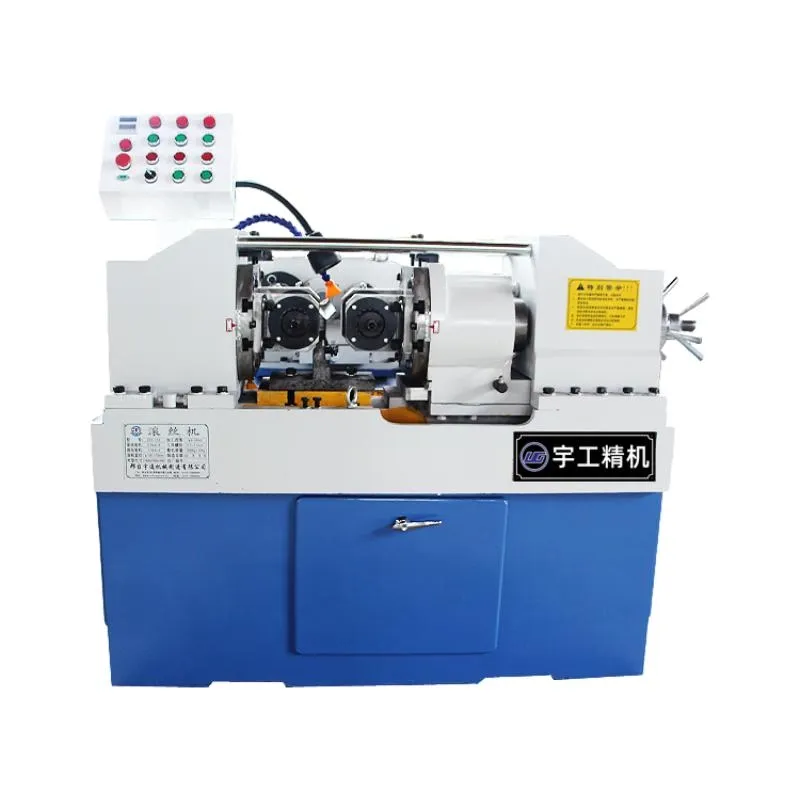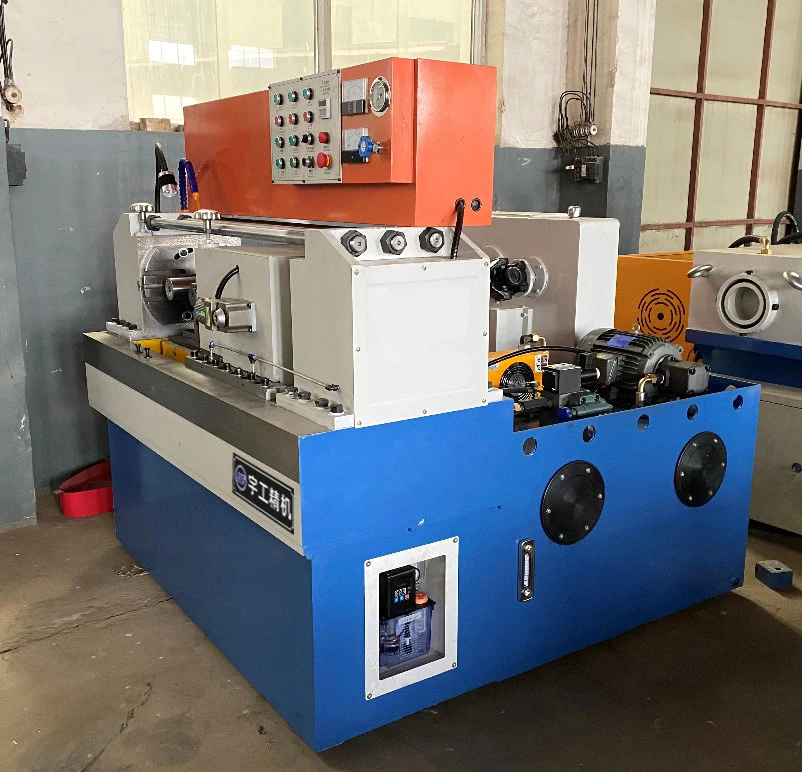
-
 Afrikaans
Afrikaans -
 Albanian
Albanian -
 Amharic
Amharic -
 Arabic
Arabic -
 Armenian
Armenian -
 Azerbaijani
Azerbaijani -
 Basque
Basque -
 Belarusian
Belarusian -
 Bengali
Bengali -
 Bosnian
Bosnian -
 Bulgarian
Bulgarian -
 Catalan
Catalan -
 Cebuano
Cebuano -
 Corsican
Corsican -
 Croatian
Croatian -
 Czech
Czech -
 Danish
Danish -
 Dutch
Dutch -
 English
English -
 Esperanto
Esperanto -
 Estonian
Estonian -
 Finnish
Finnish -
 French
French -
 Frisian
Frisian -
 Galician
Galician -
 Georgian
Georgian -
 German
German -
 Greek
Greek -
 Gujarati
Gujarati -
 Haitian Creole
Haitian Creole -
 hausa
hausa -
 hawaiian
hawaiian -
 Hebrew
Hebrew -
 Hindi
Hindi -
 Miao
Miao -
 Hungarian
Hungarian -
 Icelandic
Icelandic -
 igbo
igbo -
 Indonesian
Indonesian -
 irish
irish -
 Italian
Italian -
 Japanese
Japanese -
 Javanese
Javanese -
 Kannada
Kannada -
 kazakh
kazakh -
 Khmer
Khmer -
 Rwandese
Rwandese -
 Korean
Korean -
 Kurdish
Kurdish -
 Kyrgyz
Kyrgyz -
 Lao
Lao -
 Latin
Latin -
 Latvian
Latvian -
 Lithuanian
Lithuanian -
 Luxembourgish
Luxembourgish -
 Macedonian
Macedonian -
 Malgashi
Malgashi -
 Malay
Malay -
 Malayalam
Malayalam -
 Maltese
Maltese -
 Maori
Maori -
 Marathi
Marathi -
 Mongolian
Mongolian -
 Myanmar
Myanmar -
 Nepali
Nepali -
 Norwegian
Norwegian -
 Norwegian
Norwegian -
 Occitan
Occitan -
 Pashto
Pashto -
 Persian
Persian -
 Polish
Polish -
 Portuguese
Portuguese -
 Punjabi
Punjabi -
 Romanian
Romanian -
 Russian
Russian -
 Samoan
Samoan -
 Scottish Gaelic
Scottish Gaelic -
 Serbian
Serbian -
 Sesotho
Sesotho -
 Shona
Shona -
 Sindhi
Sindhi -
 Sinhala
Sinhala -
 Slovak
Slovak -
 Slovenian
Slovenian -
 Somali
Somali -
 Spanish
Spanish -
 Sundanese
Sundanese -
 Swahili
Swahili -
 Swedish
Swedish -
 Tagalog
Tagalog -
 Tajik
Tajik -
 Tamil
Tamil -
 Tatar
Tatar -
 Telugu
Telugu -
 Thai
Thai -
 Turkish
Turkish -
 Turkmen
Turkmen -
 Ukrainian
Ukrainian -
 Urdu
Urdu -
 Uighur
Uighur -
 Uzbek
Uzbek -
 Vietnamese
Vietnamese -
 Welsh
Welsh -
 Bantu
Bantu -
 Yiddish
Yiddish -
 Yoruba
Yoruba -
 Zulu
Zulu
Feb . 15, 2025 14:09
Back to list
flat die thread rolling machine
Thread rolling machines have revolutionized several industries by offering an efficient and durable method for producing threaded parts. In an era where precision and speed define manufacturing success, understanding the nuances of thread rolling machines is paramount for businesses aiming to optimize their production processes.
Cost considerations also extend beyond upfront expenses. Evaluating the long-term value involves assessing the machine's operational lifespan, maintenance requirements, and support services offered by the manufacturer. Businesses should inquire about warranties, availability of replacement parts, and the manufacturer's reputation for post-sale service — key indicators of reliability and trustworthiness. Customer testimonials and case studies provide invaluable insights into the machine's real-world performance and the manufacturer's commitment to customer satisfaction. These narratives often highlight the adaptability of the machines to different operational challenges, underscoring their resilience and engineering excellence. Training and technical support are aspects that should not be overlooked when purchasing thread rolling machines. A good manufacturer offers comprehensive training programs that empower operators with the necessary skills to maximize the machine's productivity while maintaining safety standards. Embarking on the acquisition of a thread rolling machine also involves assessing technological advancements. Modern machines may incorporate digital interfaces for real-time monitoring and data analytics, fostering improved management of manufacturing operations through insights into productivity and efficiency. In conclusion, procuring quotes for a thread rolling machine is more than just a financial assessment. It requires a holistic evaluation that encompasses technical specifications, operational benefits, customer support, and future scalability. With these considerations in mind, businesses can ensure that their choice of machine not only meets immediate manufacturing needs but also propels them towards sustainable, long-term growth. Engaging with knowledgeable suppliers who demonstrate expertise and authority in the field enhances decision-making, ensuring that investments are sound and aligned with operational goals.


Cost considerations also extend beyond upfront expenses. Evaluating the long-term value involves assessing the machine's operational lifespan, maintenance requirements, and support services offered by the manufacturer. Businesses should inquire about warranties, availability of replacement parts, and the manufacturer's reputation for post-sale service — key indicators of reliability and trustworthiness. Customer testimonials and case studies provide invaluable insights into the machine's real-world performance and the manufacturer's commitment to customer satisfaction. These narratives often highlight the adaptability of the machines to different operational challenges, underscoring their resilience and engineering excellence. Training and technical support are aspects that should not be overlooked when purchasing thread rolling machines. A good manufacturer offers comprehensive training programs that empower operators with the necessary skills to maximize the machine's productivity while maintaining safety standards. Embarking on the acquisition of a thread rolling machine also involves assessing technological advancements. Modern machines may incorporate digital interfaces for real-time monitoring and data analytics, fostering improved management of manufacturing operations through insights into productivity and efficiency. In conclusion, procuring quotes for a thread rolling machine is more than just a financial assessment. It requires a holistic evaluation that encompasses technical specifications, operational benefits, customer support, and future scalability. With these considerations in mind, businesses can ensure that their choice of machine not only meets immediate manufacturing needs but also propels them towards sustainable, long-term growth. Engaging with knowledgeable suppliers who demonstrate expertise and authority in the field enhances decision-making, ensuring that investments are sound and aligned with operational goals.
Share:
Latest news
Upgrade Your Production Line With Advanced Threading Solutions
NewsJun.12,2025
Optimize Precision With Advanced Thread Rolling Equipment
NewsJun.12,2025
Maximize Production With A High-Speed Thread Rolling Machine
NewsJun.12,2025
Master Precision Engineering With The Right Roller Threading Machine
NewsJun.12,2025
Find The Right Thread Rolling Tool For Precision Threading
NewsJun.12,2025
Boost Efficiency With Our Thread Rolling Machine
NewsJun.12,2025
